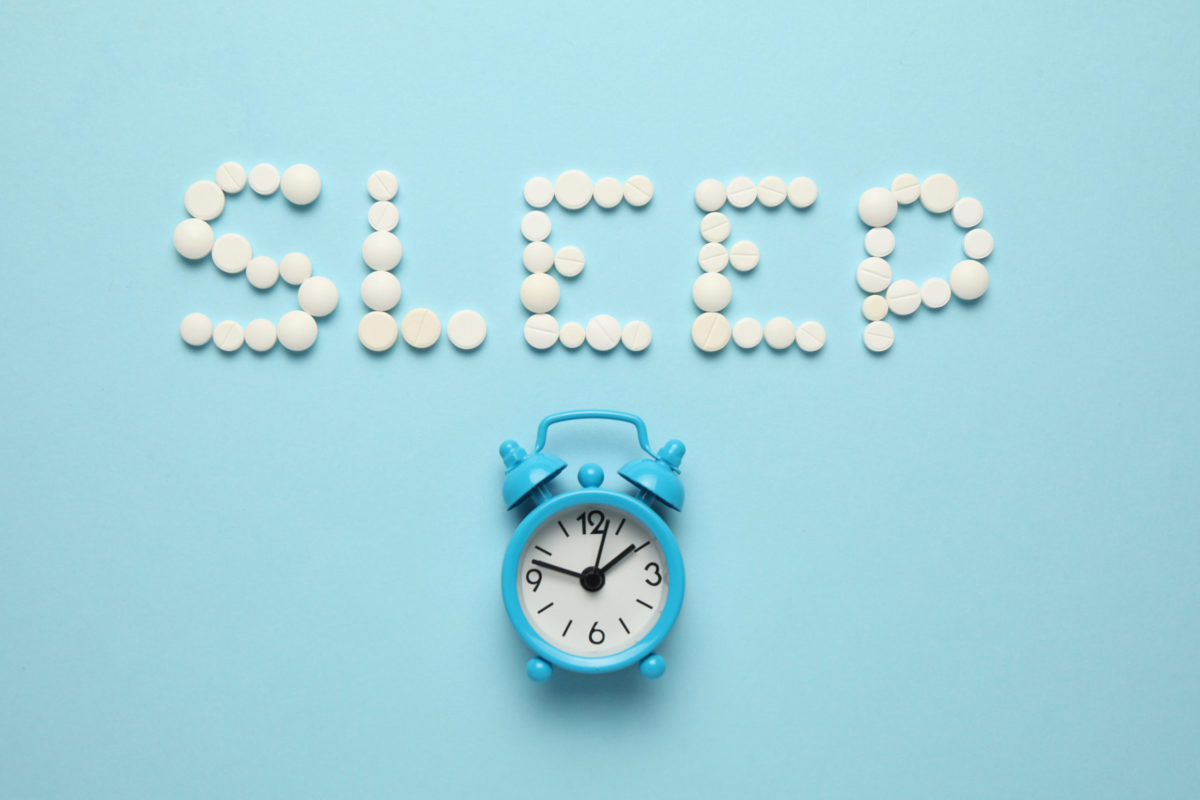Reducing the Need for Sleeping Pills
By Mark Mercure, Pharmacist/Owner
Home Health Care Pharmacy
A new Standard of Practice for doctors in Manitoba came into effect on November 1, 2020, which will impact any Manitoban who uses certain sleeping pills. The Standard of Practice for Prescribing Benzodiazepines & Z-drugs will encourage a more judicious use of medications commonly used to treat insomnia.
The new Standard limits a prescription for drugs in this category, (including lorazepam, zopiclone, clonazepam, and others) to a maximum of a 3-months, with a maximum of one month to be dispensed from the pharmacy at a time. The Standard encourages doctors to only prescribe the lowest effective dose of these medications and only for the shortest duration of time, in order to reduce problems commonly associated with these drugs. Benzodiazepines are associated with causing impairment and affecting driving ability. These drugs can also be more problematic for patients with specific medical conditions such as obesity, heart failure, and sleep apnea.
For elderly patients, benzodiazepine use can be even riskier. These medications are associated with falls in older adults, and can contribute to sedation during the day, confusion, and have negative effects on memory and are linked to dementia. Older adults often have decreased function of the liver or kidneys which are responsible for breaking down these sedating medications. They are also more likely to have longer lists of medications which have the potential to interact negatively with sleeping pills.
Better Bedtime Habits
Many patients currently using these medications will likely be engaged in discussion with their doctors on strategies to reduce their usage, or stop these medications altogether. Constructing good sleep habits is a key to successfully reducing medications used to help with sleep.
Here are some examples of activities that can interfere with your ability to fall asleep or stay asleep, and how you can make changes to sleep more soundly.
Caffeine – Everyone will metabolize caffeine a little differently. Some will not be bothered by a coffee at 4 p.m., but others will still be feeling some effects from late afternoon caffeine intake when they go to bed. Coffee in the morning should be fine, but make the switch to herbal tea after mid-afternoon.
Alcohol – Many people falsely believe that a glass of wine at supper or a nightcap will help them gain a more restful sleep. Although alcohol can initially make you feel dozy, it is very disrupting to the normal sleep cycle, meaning that you will get less of the deep, restful, restorative type of sleep.
Food – Besides the known culprits that can cause heartburn, any bedtime snacks will keep the digestive system awake and are counterproductive to achieving a restful night’s sleep. Warm milk or herbal tea may be exceptions.
Atmosphere – A cool bedroom, which is as dark as possible will do wonders for improving sleep. If you are struggling to sleep well, it is well worth it to shut out all ambient light and turn the thermostat down.
Stimulating Blue Light – Avoid the temptation to watch television or look at devices with backlit electronic screens for a while before your bedtime. This type of light is stimulating to the brain, and interferes with the body’s natural production of the sleep hormone melatonin.
Pharmacists are key to helping patients and doctors come up with a schedule to plan a safe a successful reduction of benzodiazepines and z-drugs. This can include advice on compounding intermediate dosages so that the reduction can be done at the patient’s own pace, rather than relying on commercially available doses. Contact your Super Thrifty Pharmacist to discuss strategies to successfully reduce your own use of sleeping pills.
 Mark Mercure is certified by the Board of Pharmacy Specialties in Geriatric Pharmacy and is the owner/manager of Home Health Care Pharmacy. He specializes in providing comprehensive medication reviews which help patients optimize medication use and avoid drug-related issues.
Mark Mercure is certified by the Board of Pharmacy Specialties in Geriatric Pharmacy and is the owner/manager of Home Health Care Pharmacy. He specializes in providing comprehensive medication reviews which help patients optimize medication use and avoid drug-related issues.
Want timely articles like this one delivered to your inbox? Click to sign up for Perks Rewards.






